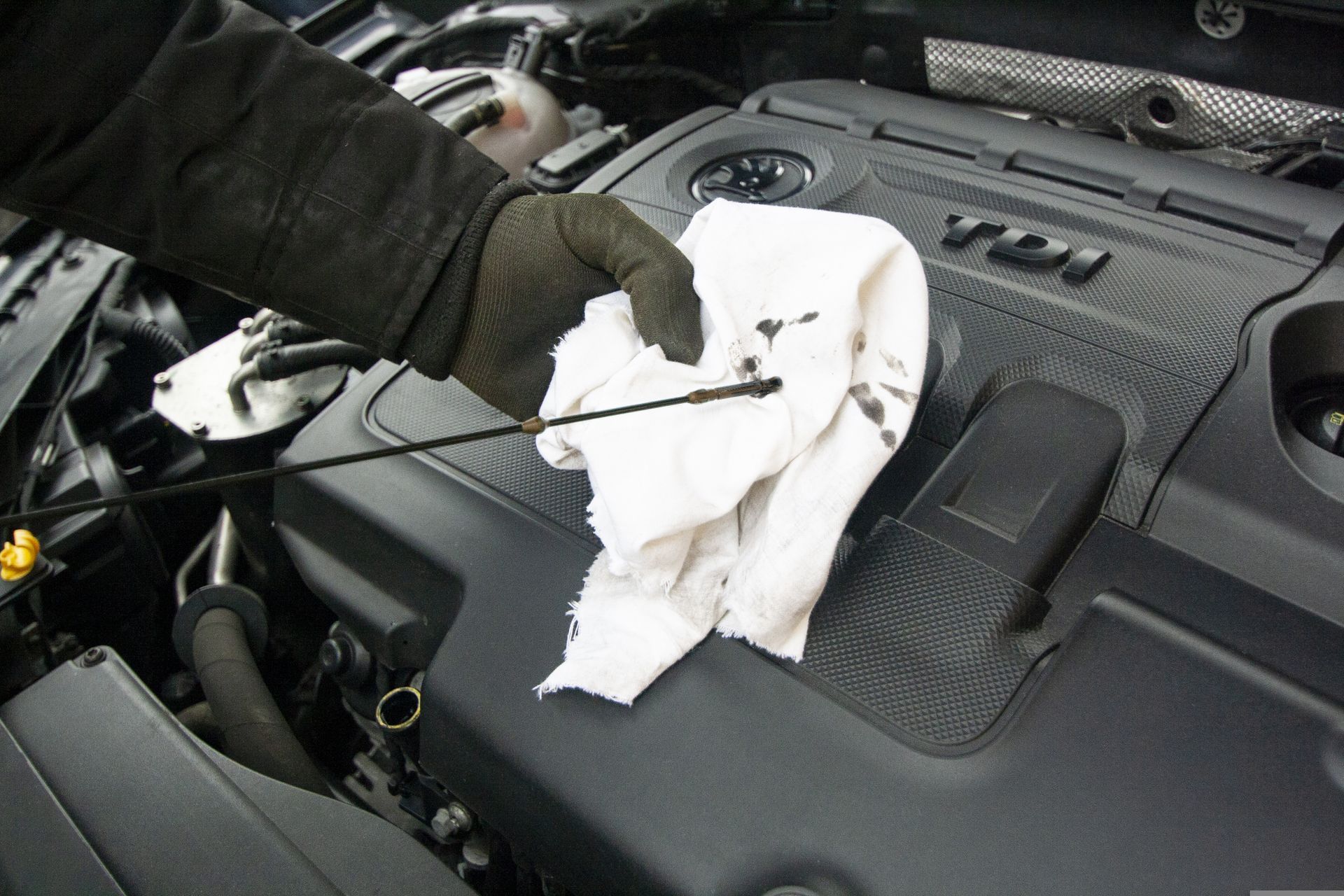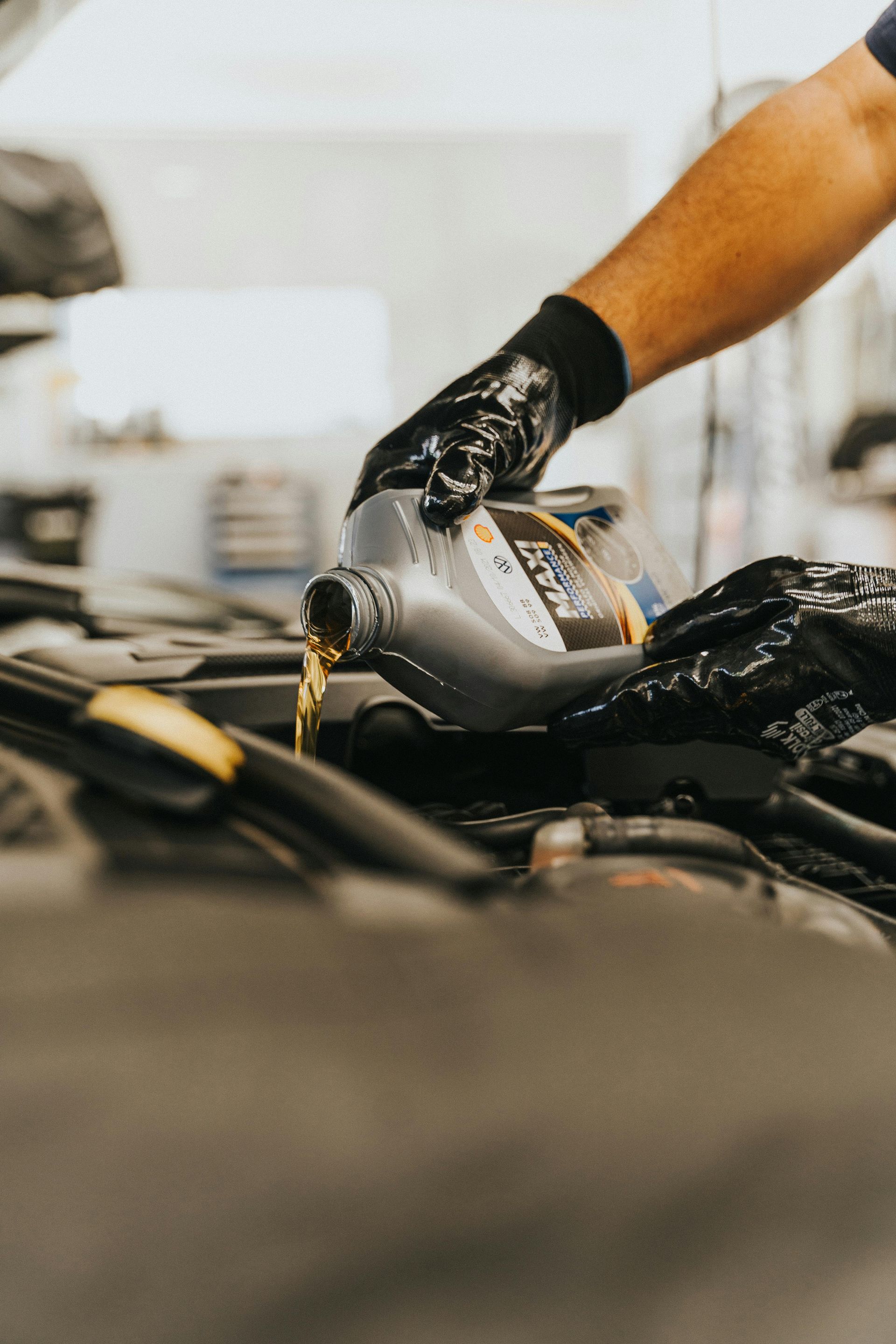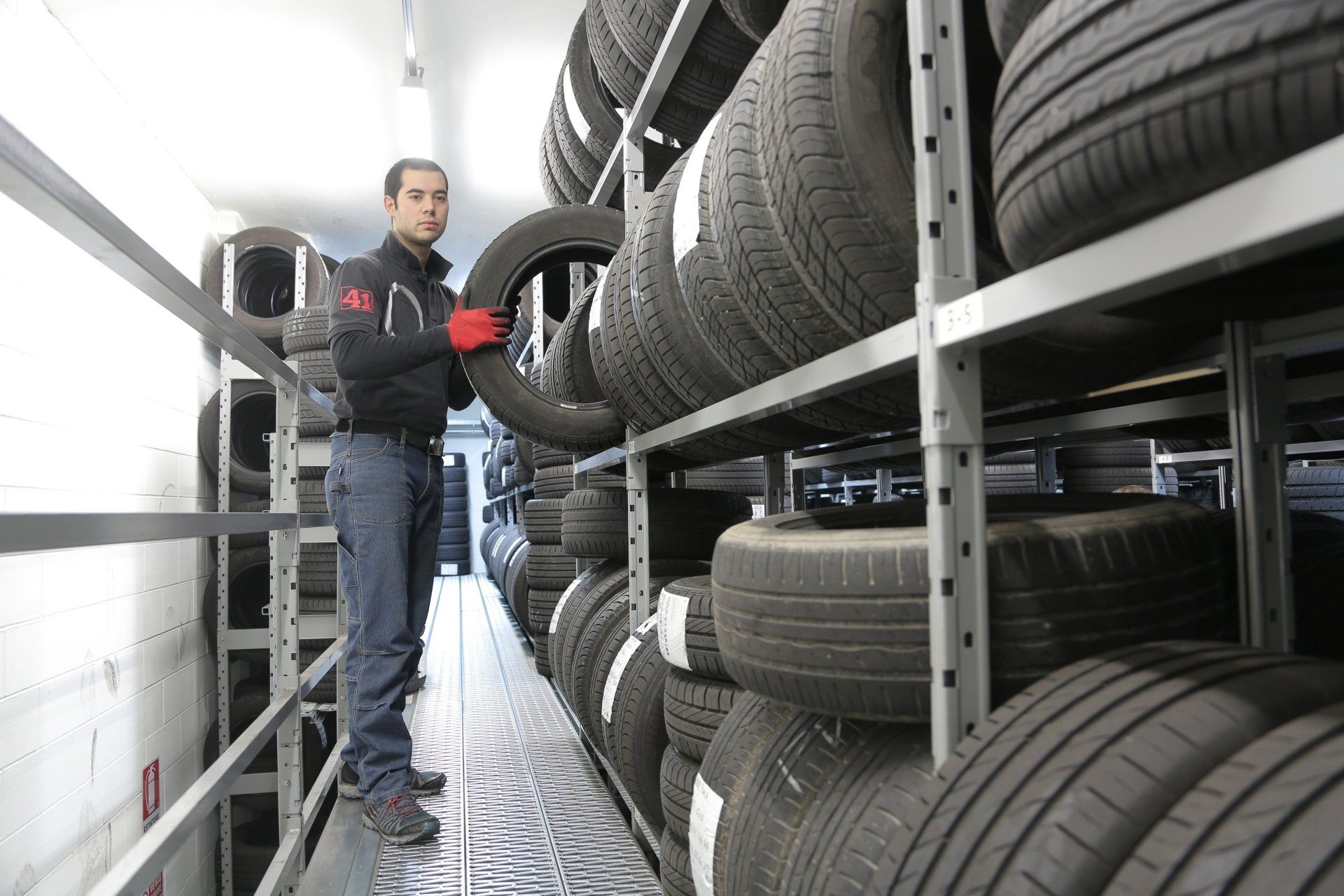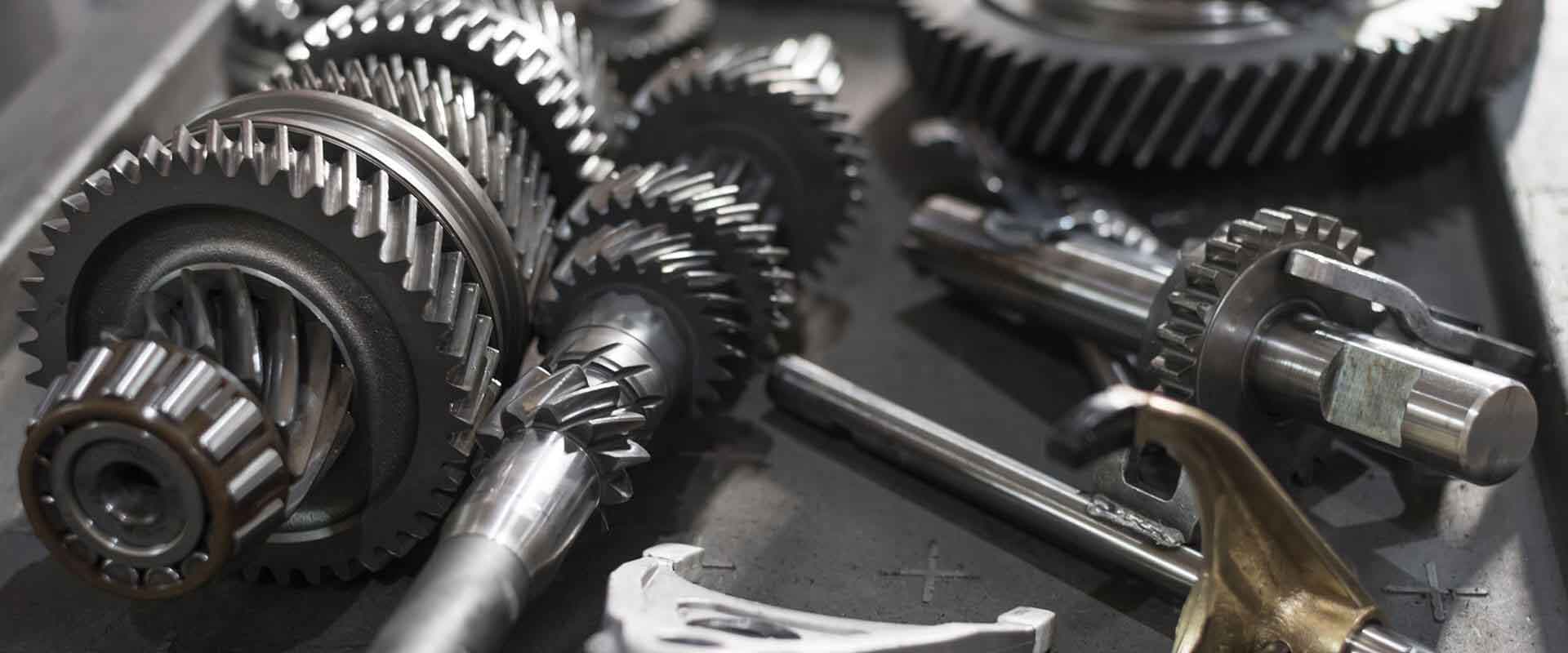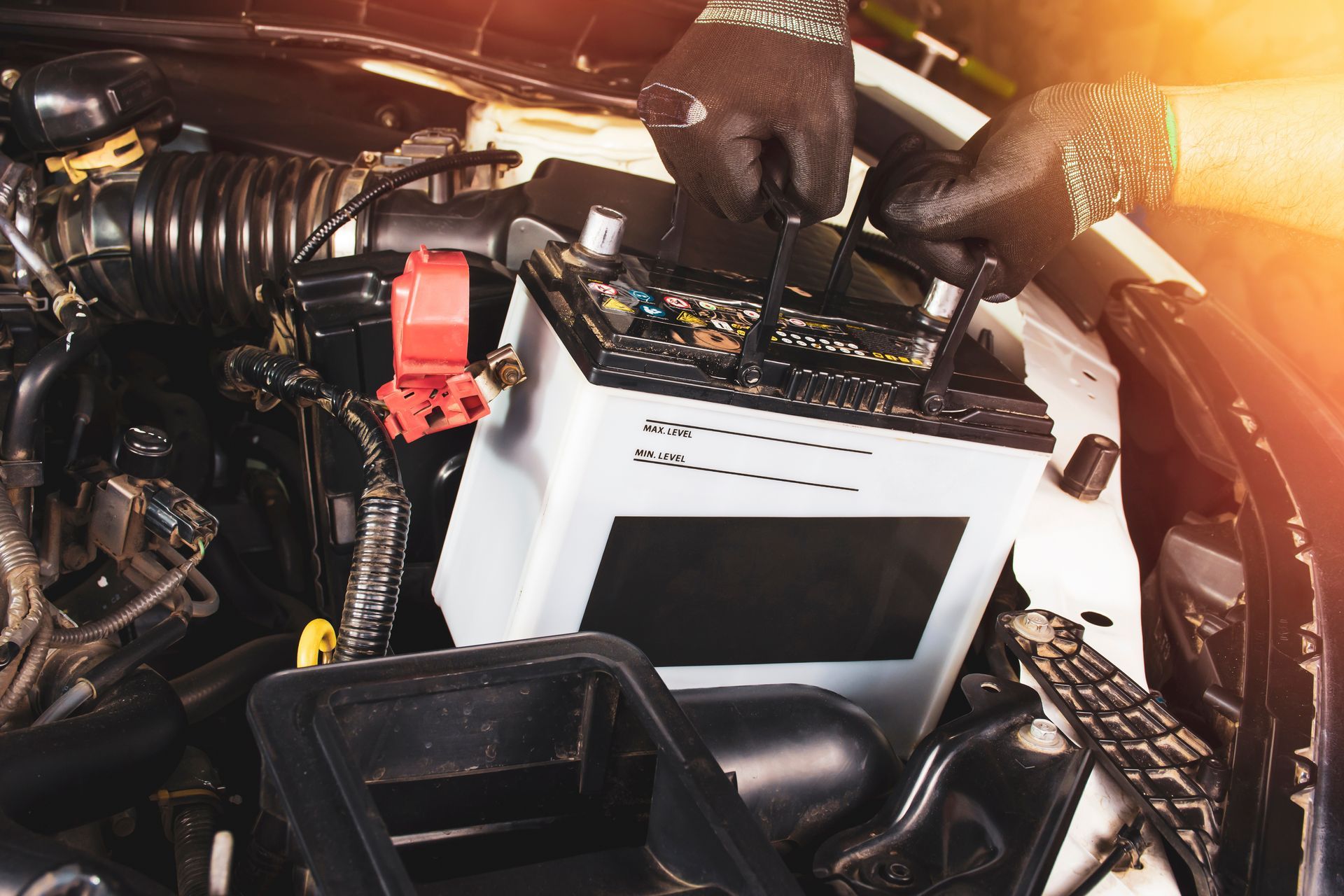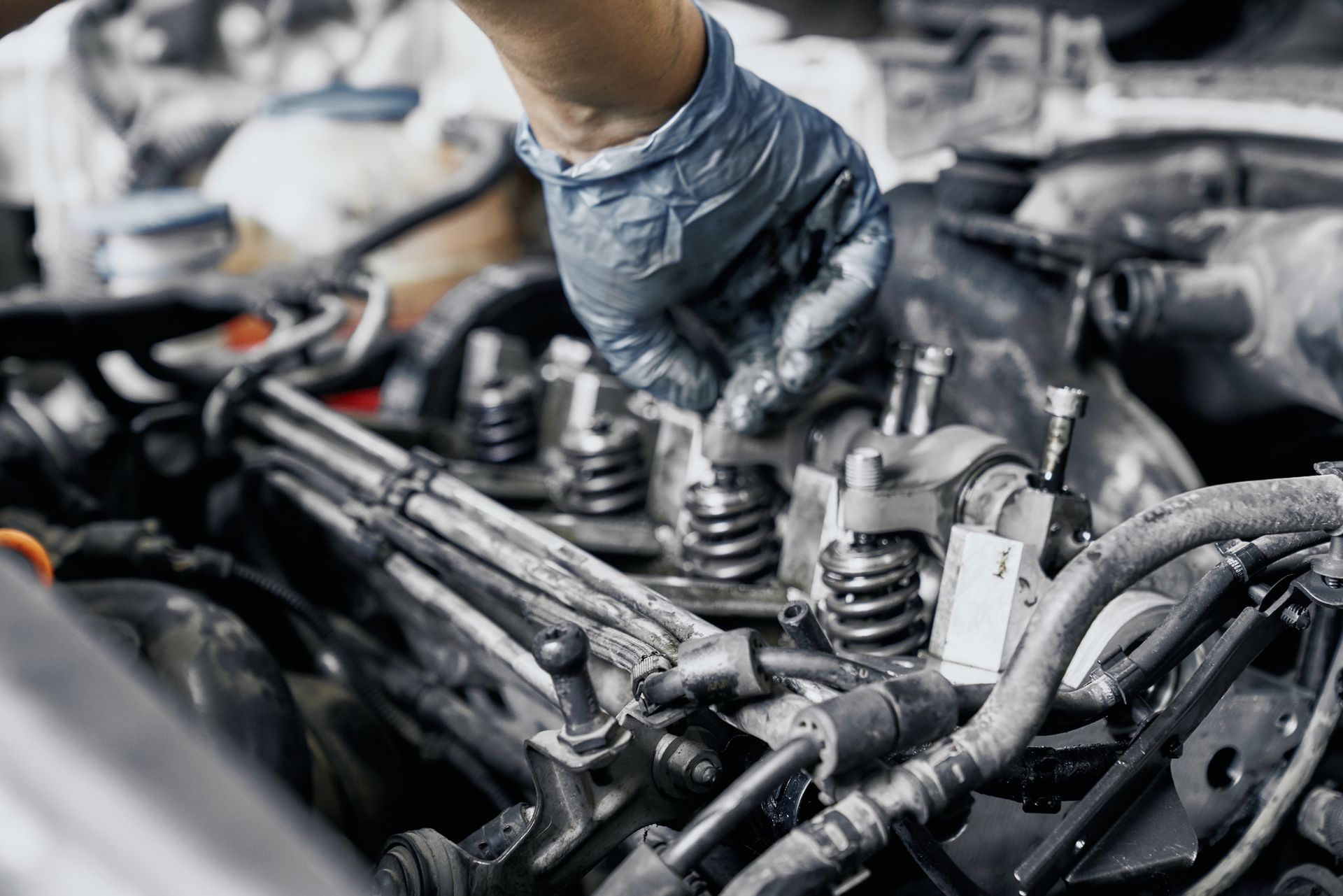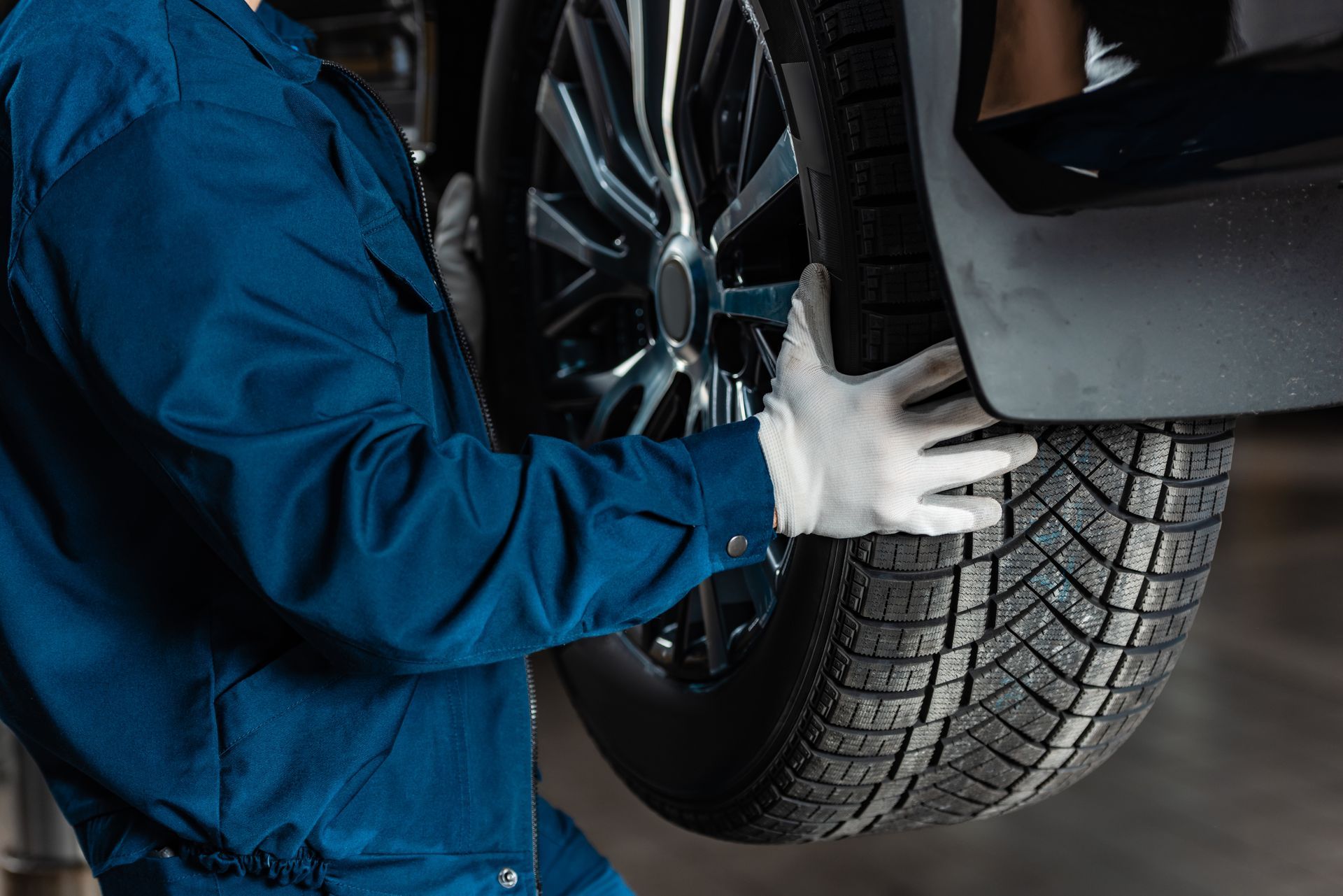Do Electric Cars Need Oil Changes?
Electric cars have revolutionized transportation with their eco-friendly design and innovative technology. Many people ask us about maintenance requirements when they're considering making the switch from gas to electric.
Unlike traditional vehicles with internal combustion engines, electric cars do not need oil changes. This is because electric vehicles don't have engine parts that require lubrication from motor oil. They run on electric motors that don't need the same type of maintenance.
We still recommend regular maintenance for electric cars, though. While you'll save time and money by skipping oil changes, your EV will need other services like tire rotations, brake inspections, and battery checks to keep it running smoothly for years to come.
The Myth of Oil Changes in Electric Cars
Electric cars don't need traditional oil changes. This is a fact that surprises many new EV owners who are used to regular maintenance schedules for gasoline vehicles.
Why don't electric cars need oil changes? The answer is simple - they don't have internal combustion engines. No engine means no motor oil is needed to lubricate moving parts that don't exist in EVs.
Traditional vehicles use oil to reduce friction between engine components. This oil breaks down over time and becomes contaminated, requiring regular replacement.
Electric vehicles use electric motors instead of engines. These motors have fewer moving parts and don't require oil lubrication. The main moving components in EV motors are typically sealed and lubricated for life.
We at Interstate Auto Care often explain to customers that this is one of the major maintenance advantages of owning an electric vehicle.
Here's a quick comparison of lubrication needs:
While EVs don't need oil changes, they do require other types of maintenance. Brake fluid, coolant systems, and transmission fluid (in some models) still need periodic checks and replacements.
The "oil change myth" stems from our familiarity with conventional vehicles. As EV adoption grows, we're helping customers understand these fundamental differences in maintenance requirements.
Differences Between Electric and Internal Combustion Engines
Electric vehicles (EVs) and internal combustion engine (ICE) vehicles work in completely different ways. At Interstate Auto Care, we've worked on both types and understand their unique maintenance needs.
The most fundamental difference is in how they generate power. ICE vehicles burn fuel (gasoline or diesel) in engines with hundreds of moving parts. EVs use electric motors with far fewer moving components.
Traditional engines require regular oil changes because the oil lubricates all those moving metal parts. Without fresh oil, these engines would quickly wear down and fail.
Electric motors don't need this lubrication system. They use simple sealed bearings that are pre-lubricated and designed to last the lifetime of the vehicle.
The simpler design of electric motors means fewer things can go wrong. We see EVs in our shop much less frequently for mechanical issues.
While EVs don't need oil changes, they do require other types of maintenance. Battery health checks and cooling system maintenance are important for electric vehicles.
Maintenance Requirements for EVs
Electric vehicles require much less maintenance than traditional gasoline cars. Instead of oil changes and complex engine maintenance, EVs focus on different systems that need attention.
Battery Care
The battery is the heart of any electric vehicle. We recommend checking your battery's health through your car's built-in diagnostics system every 6-12 months. Most EV batteries last 8-10 years or longer with proper care.
Temperature matters for battery health. Extreme heat or cold can reduce range and battery life. When possible, park in shade during hot weather and in garages during extreme cold.
Many manufacturers recommend keeping your battery charge between 20% and 80% for daily use. Full charges are fine before long trips, but constant 100% charging may reduce battery lifespan.
Some newer EVs have battery conditioning systems that manage temperature automatically. These require no maintenance but should be inspected during regular service visits.
Electric Motor Maintenance
Electric motors are remarkably simple compared to gasoline engines. They have far fewer moving parts and don't need regular oil changes.
Most EV motors are sealed units that require no routine maintenance. During regular service appointments, technicians will check motor mounts and connections, but the motor itself rarely needs attention.
The cooling system for the motor should be inspected every 12-24 months. This typically involves checking coolant levels and ensuring the system functions properly.
Some EVs use transmission fluid that might need replacement after 100,000-150,000 miles. Check your owner's manual for specific recommendations for your model.
Regenerative Braking Systems
Regenerative braking converts kinetic energy back into electricity when slowing down. This system extends your brake pad life significantly.
Physical brake components still need inspection every 12-24 months. Because regenerative braking reduces wear, brake pads often last 2-3 times longer than in conventional vehicles.
The brake fluid should be replaced every 2-3 years, similar to conventional cars. Moisture can contaminate brake fluid over time regardless of how often the physical brakes are used.
We recommend a complete brake system inspection during regular service visits. Technicians will check both the mechanical components and the electronic systems that control regenerative braking.
EV Fluids and Lubricants
Electric vehicles don't require traditional oil changes, but they still need specific fluids to operate efficiently and safely. These specialized lubricants help maintain critical components and ensure optimal performance.
Transmission Fluid
Most electric cars use a single-speed transmission that requires much less maintenance than conventional transmissions. This simplified gearbox still needs lubrication, but in smaller amounts and with longer service intervals.
The transmission fluid in EVs serves to cool and lubricate the electric motor and gearing components. Unlike gas vehicles that might need transmission fluid changes every 30,000-60,000 miles, many EVs can go 100,000+ miles before needing service.
Some manufacturers, like Tesla, use sealed transmission units that aren't designed for regular fluid changes. Others recommend inspection every few years.
We always check your owner's manual for specific recommendations. Different EV models use specialized transmission fluids with properties designed for electrical components.
Coolant for Battery Systems
Battery cooling systems are crucial for electric vehicle performance and longevity. These systems prevent batteries from overheating during charging and discharging cycles.
Most EVs use a specialized coolant that circulates through pipes around the battery pack. This coolant has different properties than traditional radiator fluid, with better electrical insulation and thermal transfer characteristics.
Battery coolant typically needs replacement every 4-5 years or around 50,000 miles. Regular coolant checks help prevent expensive battery damage.
Some newer EV models use advanced cooling technologies like immersion cooling or heat pumps that may have different maintenance requirements.
We recommend having your EV's cooling system inspected annually to check for leaks or contamination. Proper coolant levels and quality directly impact battery life and charging efficiency.
EV Service and Maintenance Routines
Electric vehicles require different maintenance routines than traditional gas-powered cars. We focus on specific maintenance tasks that keep EVs running efficiently without the need for oil changes.
Professional Inspections
At Interstate Auto Care, we recommend bringing your EV in for professional inspections every 7,500 to 10,000 miles. These regular check-ups help catch potential issues before they become serious problems.
Our technicians examine your EV's battery health, checking for optimal performance and signs of degradation. We also inspect brake components, which often last longer in EVs due to regenerative braking systems.
Tire rotations and alignments are crucial maintenance items we perform during inspections. EVs tend to be heavier than gas vehicles due to their batteries, which can cause uneven tire wear.
We also check cooling systems that keep the battery and electronics at ideal temperatures. This helps extend your EV's lifespan and maintain peak efficiency.
Software Updates and Diagnostics
Unlike conventional vehicles, EVs receive regular software updates that improve performance and add new features. We ensure your vehicle has the latest software installed.
Many updates happen automatically over wireless connections, but some require professional installation. Our technicians use specialized diagnostic equipment to verify proper system function.
We scan for error codes and battery cell imbalances that might affect range or performance. Early detection of these issues can prevent costly repairs later.
Cabin air filters still need regular replacement in EVs, typically every 15,000 to 30,000 miles. We check and replace these during your service visits.
Our diagnostic tests also verify that your EV's charging system works correctly, ensuring you get the fastest possible charge rates your vehicle supports.
Cost and Frequency of EV Maintenance
Electric cars require significantly less maintenance than traditional vehicles. At Interstate Auto Care, we typically see EV owners spending 30-50% less on regular maintenance compared to gas vehicle owners.
Most EVs need a simple inspection every 7,500 miles or annually, whichever comes first. This service usually costs between $75-150, depending on the model.
While gas cars need oil changes every 3,000-7,500 miles, electric cars completely eliminate this expense. This alone saves EV owners $120-300 per year.
Battery health checks are included in most routine EV service appointments. We recommend scheduling these at least once yearly to ensure optimal performance and range.
Brake pads on EVs often last twice as long as those in conventional vehicles due to regenerative braking. This can save owners $250-500 over a five-year period.
Many EV manufacturers now offer maintenance plans that bundle these services together, making budgeting for maintenance even more predictable.
If you need to service your EV vehicle, come visit 526 E 14 Mile Rd in Madison Heights.


